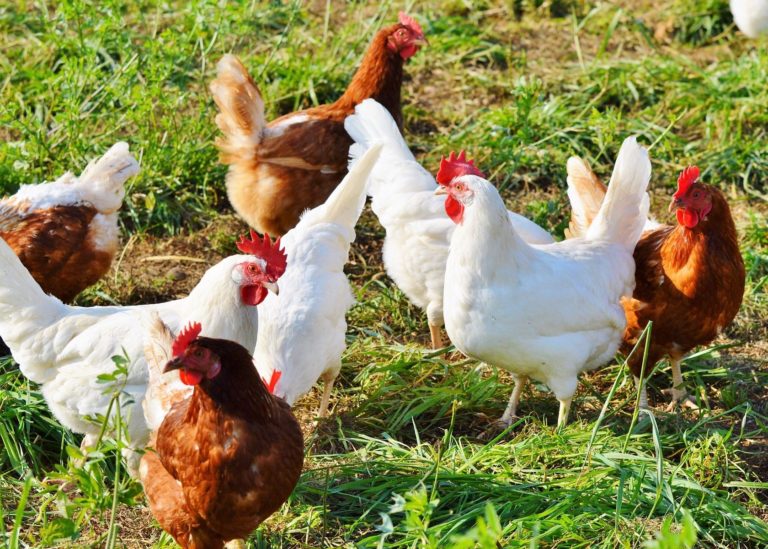Zanzibar’s decision to significantly increase import taxes on chicken has stirred alarm among traders, retailers, and consumers, who warn the move could push up food prices and strain household budgets.
Unveiled in the 2025/2026 national budget, the new tax raises duties on imported chicken and fish from TSh 300 to TSh 1,000 per kilogram. Finance and Planning Minister Dr. Saada Salum Mkuya said the measure aims to boost local poultry and fishing industries by discouraging cheap imports and fostering homegrown production.
“This reform will stimulate domestic agriculture, create jobs, and strengthen food security,” Mkuya said, projecting over TSh 7.25 billion in revenue to fund development projects.
🔺 Local Reactions: Mixed Sentiment
Local farmers and producer associations have welcomed the reform, viewing it as a long-overdue measure to level the playing field. For years, they say, cheap imports have undercut domestic producers, limiting growth and investment in the sector.
But importers, traders, and consumers see a different side.
“This change may double the price of chicken,” warned one poultry trader at Darajani Market. “Low-income households are already struggling. This will just make protein more expensive.”
Chicken is a staple protein in many Zanzibari households. With local production still developing, traders worry about the island’s ability to meet demand if imports become too costly or scarce.
⏳ Rushed Implementation?
Critics argue the tax hike may have been introduced too hastily, without enough support for local producers to scale up. They recommend a phased approach, accompanied by:
- Feed subsidies
- Investment in poultry infrastructure
- Improved veterinary services
- Cold chain systems for preservation and transport
Without these, experts warn, the tax increase could lead to shortages, higher prices, or force consumers to turn to less nutritious alternatives.
🏗️ Part of a Larger Fiscal Shift
The poultry tax is one part of a broader series of fiscal reforms included in the new budget, which also raised excise duties on alcohol, fuel levies, and introduced a new infrastructure tax on bottled water. The government says the aim is to raise domestic revenues to invest in critical sectors like transport, water, and public health.
However, economists caution that taxation alone won’t deliver results.
“If the goal is to build a sustainable local poultry industry, more needs to be done,” one analyst noted. “Tax reform should go hand in hand with long-term investments in production capacity.”
⚖️ The Road Ahead
The ultimate success of this reform depends on whether the government can effectively support local producers while keeping food affordable and accessible. For now, traders and consumers are preparing for a potentially volatile period in Zanzibar’s poultry market.
Whether the policy leads to meaningful agricultural growth—or simply drives up the cost of living—remains to be seen.



